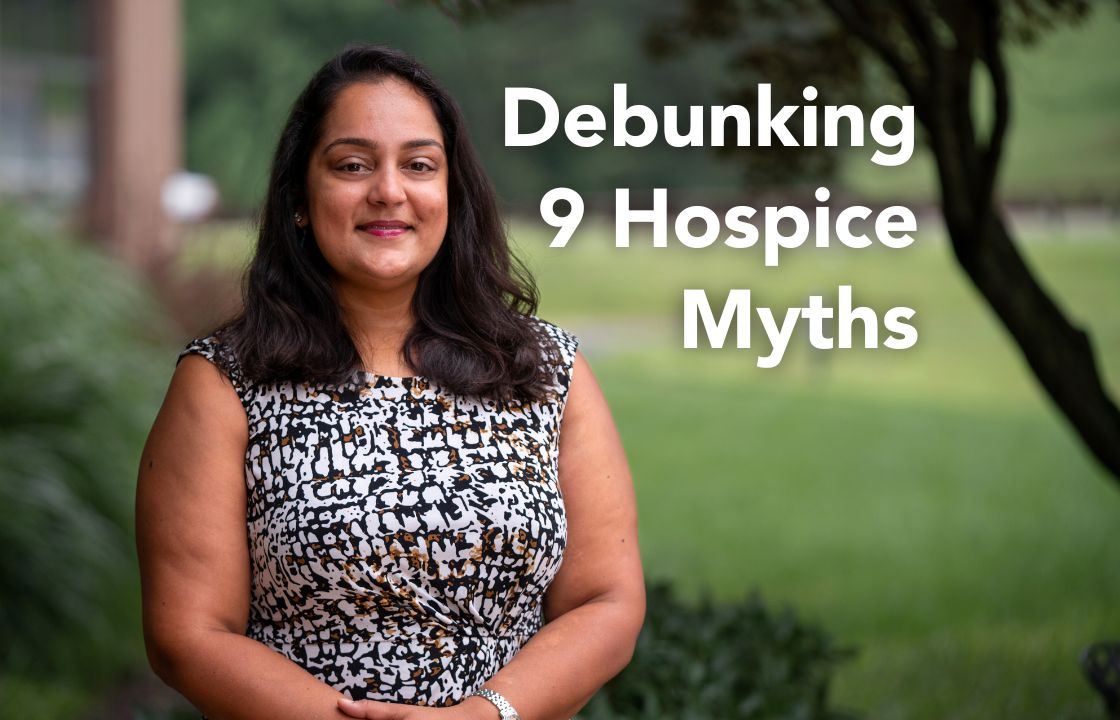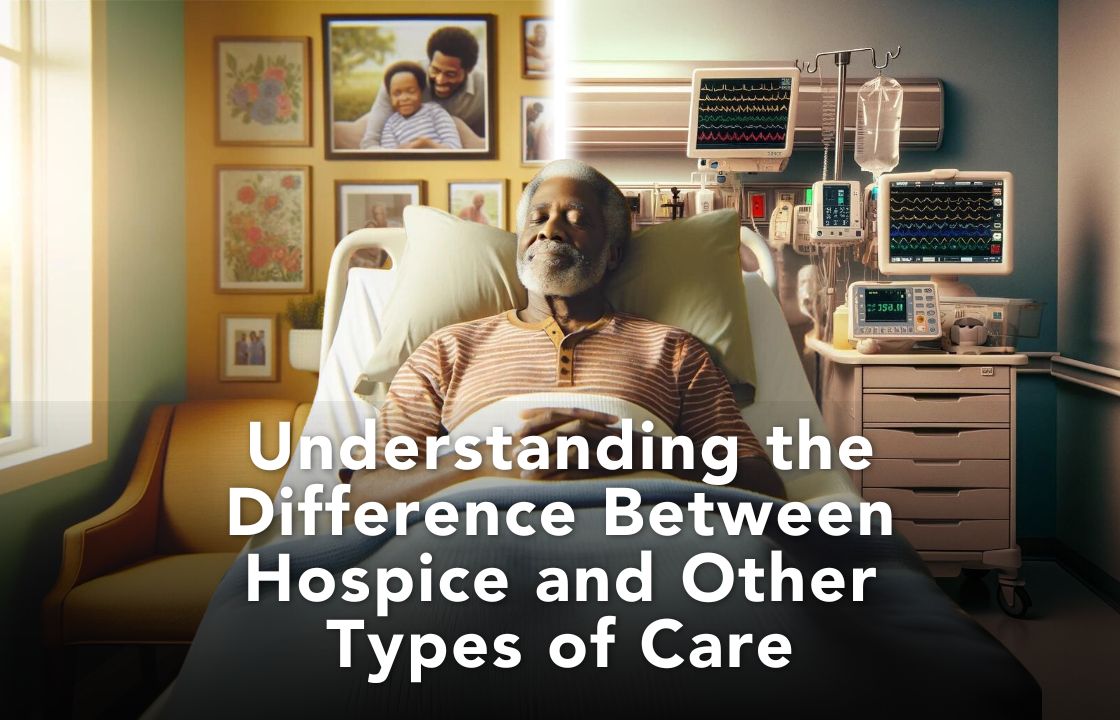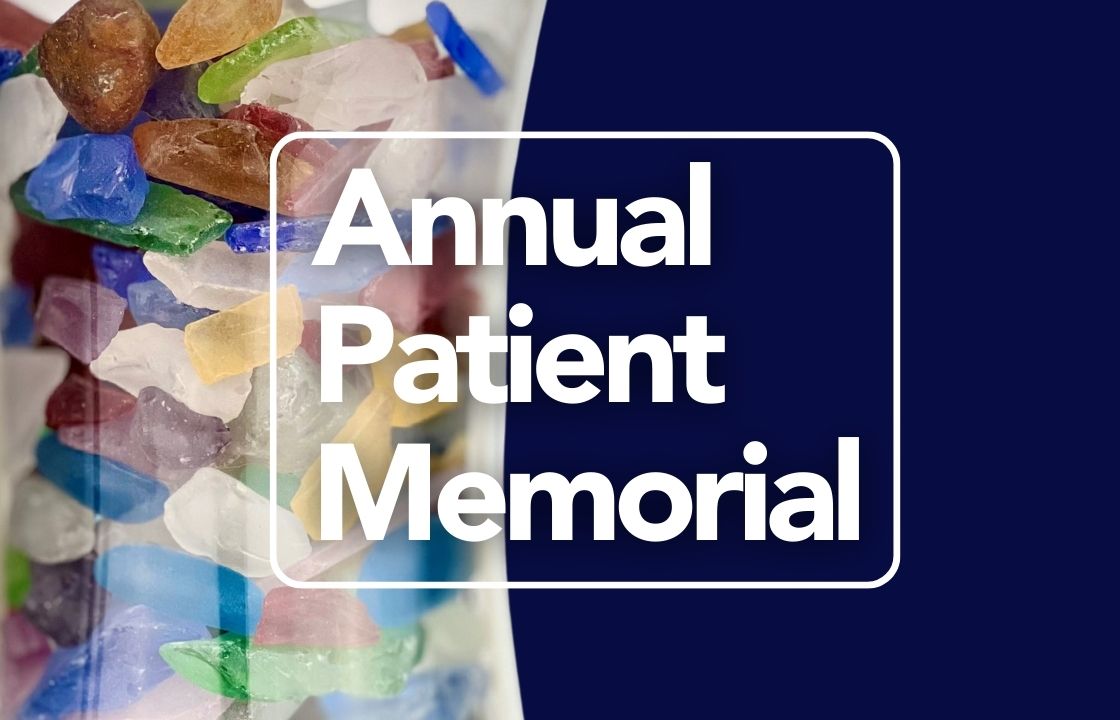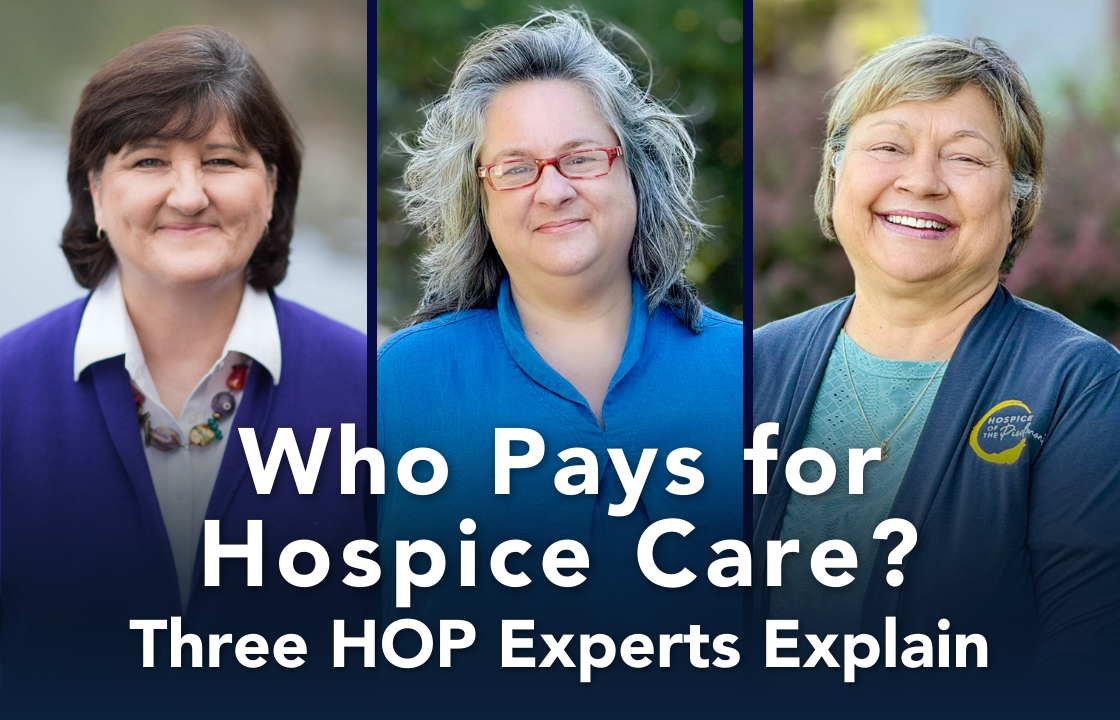When it comes to end-of-life care, hospice plays a pivotal role in providing comfort, support, and dignity to individuals and their families. Unfortunately, misconceptions and myths often surround hospice care, leading to misunderstandings and missed opportunities for those who may benefit from its services.
To start debunking some of these common hospice myths, we turned to Dr. Simran Mann, HOP Medical Director for our North team, covering Culpeper, Orange, Madison, Greene, Rappahannock, and Fauquier counties.
Meet Dr. Simran Mann:
Dr. Simran Mann is board-certified in hospice and palliative medicine, as well as internal medicine. She joined Hospice of the Piedmont in 2020 to pursue a more holistic approach to patient care. As she shares, “I think hospice is a calling for most people doing this work, which certainly applies to me. This is the medicine that I had intended to practice all along when I started this journey. It’s the most satisfying work I could find as a physician.”
With her deep expertise in hospice care, Dr. Mann provides invaluable insights into the myths and realities surrounding the public perceptions of hospice.
Myth #1: Hospice means giving up
Hospice care is often misunderstood as giving up on life. However, as Dr. Mann explains, hospice is a philosophy of care that focuses on comfort. She emphasizes, “We focus on keeping people comfortable in situations where their terminal disease is not treatable, but their symptoms and discomfort that disease causes are certainly treatable.”
Hospice care recognizes that sometimes treatments for serious illnesses can cause more harm than benefit, and that’s often when it’s time to shift focus to optimizing the quality of life. Dr. Mann highlights the importance of early referrals: “For most people, the sooner we’re able to get to know you, the longer we’re able to care for you, the better we’re able to support you and address symptoms as they arise.”
Myth #2: Hospice care is one-size-fits-all
Hospice care is anything but generic. Dr. Mann emphasizes the personalized approach of the team: “We have certain policies and certain things that we do for everybody, but there’s no forcing of anything. We address a patient’s different opinions, values, symptoms, and diseases on a case-by-case basis.”
As mentioned above, enrolling in hospice allows individuals to shift their focus to their quality of life. That means ensuring the care provided is tailored to their unique needs and preferences. “When someone comes on service, we start asking questions like:
- What makes you who you are?
- What can we do to help you feel like yourself in this stage of your life?
And that’s really what quality of life is all about. Those are fundamental questions we ask our patients and their families because, as you can imagine, it’s not the same answer for everyone.”
Myth #3: Hospice is a place
Contrary to popular belief, hospice is not confined to a physical location. While Hospice of the Piedmont is fortunate to have two residential facilities – the Hospice House and the Center for Acute Hospice Care – we see more than 90% of the roughly 300 patients we care for in their homes. In fact, a recent study found that 7 out of 10 Americans say they would prefer to die at home.
As Dr. Mann clarifies, “Hospice is wherever you are. Most of our patients are at home, but we also have patients in nursing facilities, assisted living, and at their children’s or friend’s houses. We’ve taken care of patients at hotels. We’ll come to wherever you are.”
Myth #4: Hospice care is not affordable
The financial aspect of hospice care can concern some individuals and families. However, Dr. Mann assures us that hospice is a Medicare benefit. She explains, “At the end of the day, anybody who has Medicare has hospice built into that. It’s not any additional cost. There are no copays. It’s entirely paid for by Medicare.”
Private insurances also typically cover hospice services. The focus of nonprofit hospice organizations like Hospice of the Piedmont is to ensure that end-of-life care is accessible and affordable for all.
Myth #5: Hospice only provides medical care
Hospice care encompasses much more than medical care alone. Dr. Mann emphasizes the team-based approach: “There’s a medical director on each team, a nurse case manager for each patient, a social worker, a chaplain, home health aides, volunteers, and bereavement service. And none of these things are of any cost to the patient.”
Volunteers also play a vital role in providing support and assistance, ranging from running errands to fulfilling personal wishes. “We had a patient who wanted to put together a dollhouse, and she wasn’t able to do it anymore. She started it for grandkids, and one of our volunteers helped pull that together,” adds Dr. Mann.
Myth #6: You must have a DNR to be on hospice care
Contrary to popular belief, having a Do Not Resuscitate (DNR) order is not a prerequisite for hospice care. Dr. Mann clarifies, “You do not have to be a DNR code status to be a Hospice patient. We have plenty of patients that are admitted who are not ready for that.”
The conversation around code status and end-of-life preferences is a gradual one, and the hospice team supports individuals and families in understanding and making decisions based on their values. Dr. Mann explains, “At the end of the day, the fundamental meaning of DNR is: Do I want to have a natural death? When it’s my time, do I want you to call 911, or do I want you to let me go? And I’ve found that when I speak about it that way, I find that that is more understandable to people.”
Myth #7: Hospice is just there to give you morphine
The use of opioids, such as morphine, can raise concerns and confusion among patients and families. While strong pain and anxiety medications are available, the clinical team tailors those medicines to individual requirements and symptom management, providing comfort when necessary.
While the hospice team often ensures that comfort medications are pre-ordered and delivered to patients’ homes, that doesn’t mean they are always used. Dr. Mann explains, “The reason we send medication in advance is that if you’re having a symptom requiring that kind of medication, you don’t want to wait. You don’t want to wait for the nurse to call me and call the prescription in and get it from the pharmacy. You want something that you can use right away.”
By planning ahead, the Hospice team can focus on providing comfort and ensuring prompt relief from pain and other distressing symptoms.
Myth #8: Calling hospice is intimidating
Making that initial call to a hospice organization can be overwhelming for some. However, the decision to call hospice does not mean immediate admission. Dr. Mann reassures families, saying, “Calling hospice doesn’t mean you have to be admitted to hospice.”
Preliminary visits by a hospice nurse allow for discussions and guidance, helping families explore the benefits and suitability of hospice care for their specific circumstances. “Sometimes a patient is admitted, and sometimes it may be too soon. Maybe the patient is just having an acute crisis, but nothing that’s terminal, and they’re not appropriate for Hospice. But at least you have a visit from a nurse that can sit down and answer some of those initial questions for you,” says Dr. Mann.
Myth #9: Hospice provides 24/7 care
While hospice care offers comprehensive support, it is important to understand that it does not provide round-the-clock hands-on care. Dr. Mann explains, “Unfortunately, we can’t provide 24-hour healthcare to people.”
However, she emphasizes that hospice teams are accessible 24/7 over the phone. A nurse is always ready to address concerns and provide guidance, even during odd hours. Even in the middle of the night, nursing visits can be arranged when necessary, and there is always a doctor on call.
The Truth About Hospice Myths
Dispelling the myths surrounding hospice care is crucial to ensure that individuals and families have accurate information and can make informed decisions during their end-of-life journey.
We hope that Dr. Simran Mann’s insights shed light on the personalized nature of hospice care, emphasizing comfort, individualized support, and the availability of comprehensive services. By addressing these myths, we hope to bring comfort and reassurance to those who may benefit from the invaluable care hospice provides.
To learn more about if hospice care is right for you or a loved one, visit our Start the Conversation page.



